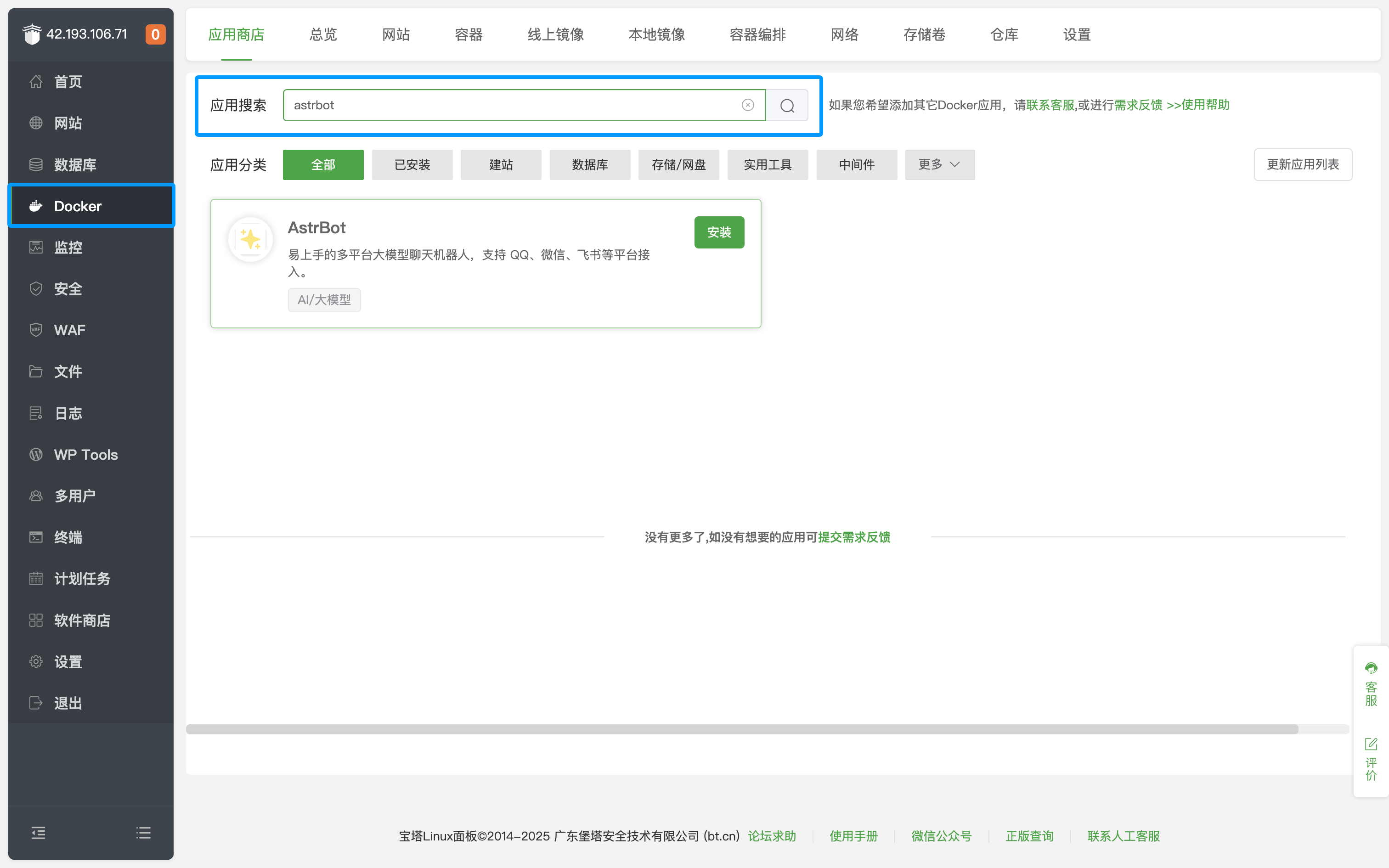本文大部分使用ai生成,但是每个坑我都踩过📋 准备工作服务器环境:Docker (Ubuntu/Debian 容器) 或 Linux VPS。数据库:MySQL 5.7本地电脑:用于修改源码和编译插件 (Windows)。 无需插件下载链接在下方第一步:...
阅读全文...

Nonebot 归档插件 Readme
NoneBot Plugin - Markdown 聊天记录归档 (Archive MD)这是一个用于 NoneBot2 的高级聊天记录归档插件。它旨在帮助群主和管理员将 QQ 群内的“吵架现场”、“重要通知”或“趣事”永久保存为 Markdown 格式...
阅读全文...
阅读全文...

Nonebot 权限插件的 readme
NoneBot 全局权限管理插件 (perms)这是一个为 NoneBot2 设计的、中心化的、可分离的全局权限管理插件。它旨在将所有业务插件的权限逻辑统一起来,提供一个强大而易用的管理后台和指令。✨ 特性中心化权限管理: 所有插件的权限都由本插件统一控...
阅读全文...
阅读全文...

隔壁老王看了都会的astrbot部署教程
本文介绍了如何使用linux部署astrbot
阅读全文...
阅读全文...

对于某下载网站的分析
本文内容为学习交流使用,请将所有接口在24小时内移除一天,我正在找如何能够让steam工坊下载快一点时,突然找到一个网站,但是我没有找到直接的下载API,所以我决定分析一下,以下是这个网站的主页面我先随便输入了一个示例链接,发现居然不是实时出下载链接的,...
阅读全文...
阅读全文...
![[L4d2]Anne数据统计插件使用及安装](https://kuank.top/usr/themes/butterfly/img/DefualtThumbnail.jpg )

